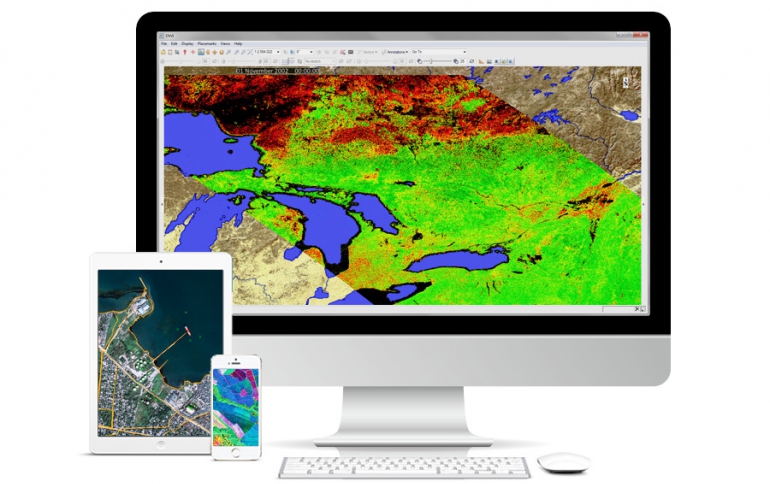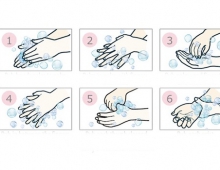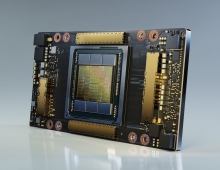
U.S. Limits Exports of AI Software
The United States announced new rules that will limit exports of artificial intelligence software, part of a bid to keep sensitive technologies out of the hands of rival countries like China.
Under a new rule that goes into effect on Monday, companies that export certain types of geospatial imagery software from the United States must apply for a license to send it overseas except when it is being shipped to Canada.
The rules are about the export of geospatial imagery software designed for training a Deep Convolutional Neural Network in order to automate the analysis of geospatial imagery and point clouds. Such software provides a graphical user interface that enables the user to identify objects (e.g., vehicles, houses, etc.) from within geospatial imagery and point clouds in order to extract positive and negative samples of an object of interest. It trains a Deep Convolutional Neural Network to detect the object of interest from the positive and negative samples; and identifies objects in geospatial imagery using the trained Deep Convolutional Neural Network by matching the rotational pattern from the positive samples with the rotational pattern of objects in the geospatial imagery.
A point cloud is a collection of data points defined by a given coordinate system. A point cloud is also known as a digital surface model.
The measure is the first to be finalized by the Commerce Department under a mandate from a 2018 law, which tasked the agency with writing rules to boost oversight of exports of sensitive technology to adversaries like China, for economic and security reasons.
The rule will go into effect in the United States, but U.S. authorities could later submit it to international bodies to try to create a level playing field globally.





















